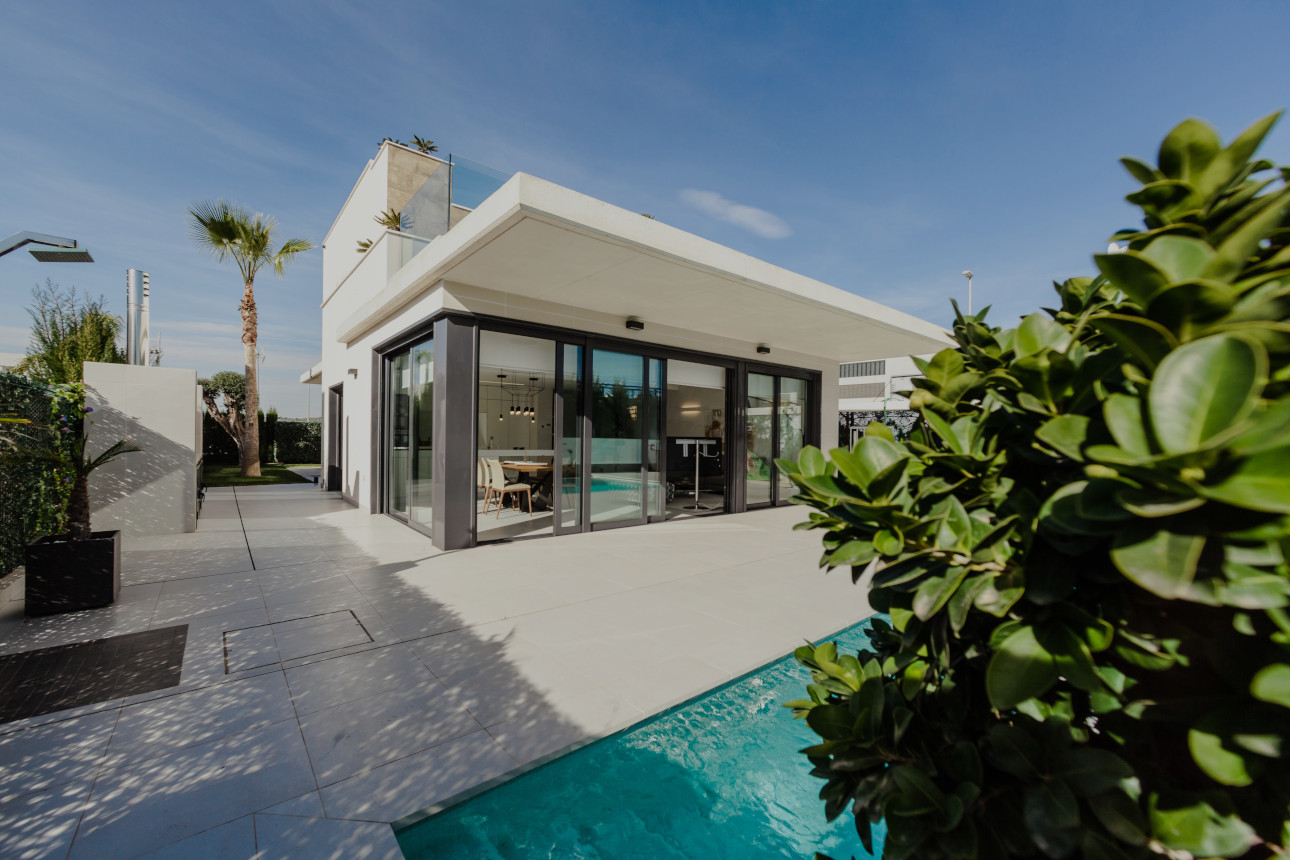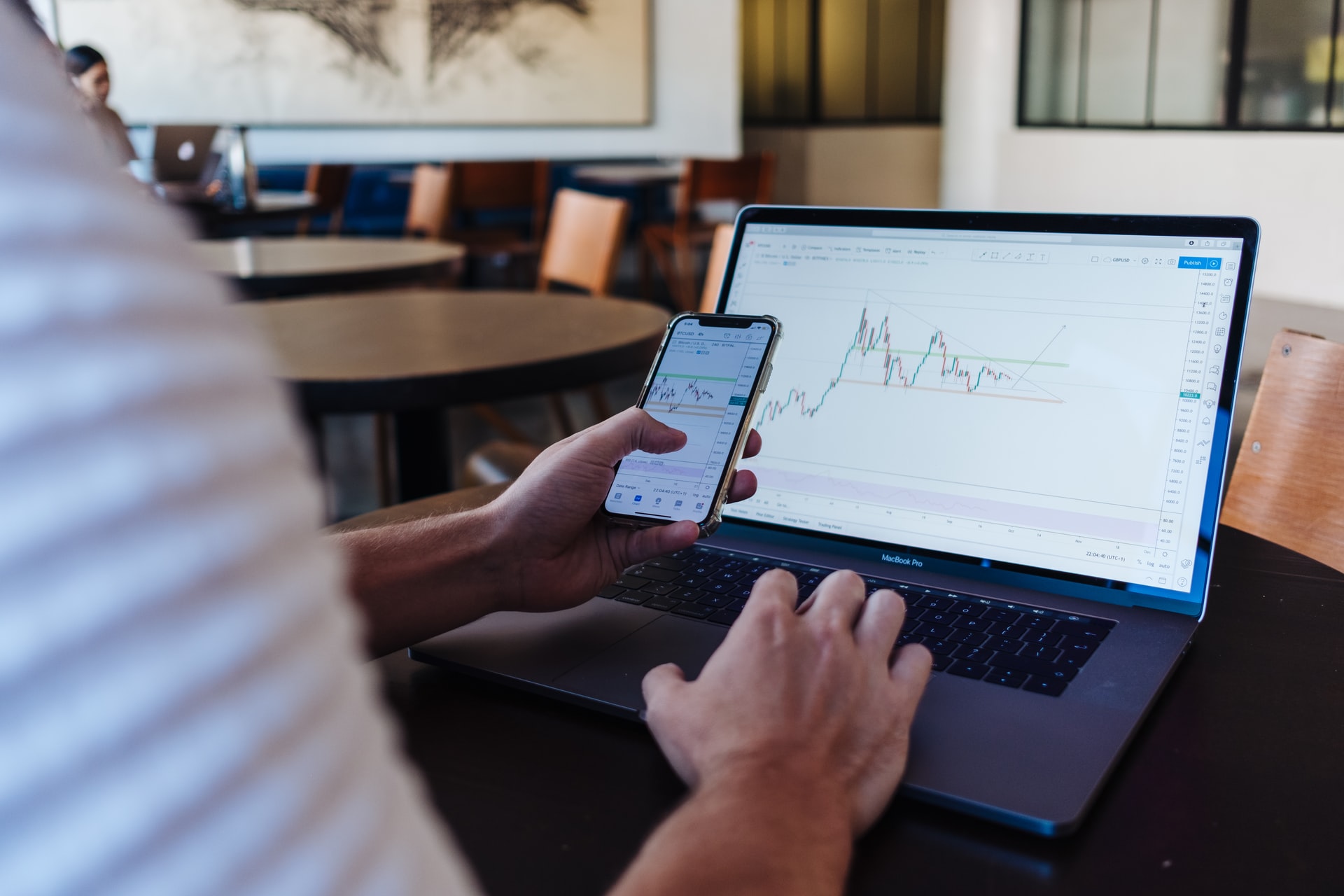
The forces of supply and demand are hitting the housing market hard.
All-time low mortgage rates have flooded the market with prospective buyers. On the other hand, the COVID-19 pandemic has driven sellers away from the market.
As a result, homebuyers are competing to outbid each other, some making all-cash offers.
Home prices have consequently skyrocketed, fuelling fears of a housing market bubble. There are huge concerns about an impending real estate market crash in 2021.
With such an environment, most people looking to enter the market are wondering: ‘should I buy a house now or wait for the bubble to pop?’
Before making such an important life decision, here are factors you need to consider.

In This Article
1. Low mortgage rate vs. low home price – Which is more important?
As mentioned earlier, mortgage rates are at historic lows. When mortgage rates drop, home prices rise. This somewhat explains why home prices have skyrocketed over the last year.
A sizeable number of homebuyers have set out to take advantage of the low mortgage rates despite increasing home prices. On the other hand, other homebuyers have decided to wait for the anticipated market crash to buy when prices are low.
So which is better? Buy now or wait?
Buy Now vs. Wait Analysis
Let’s look at the following scenarios:
Let’s say you start searching for a house when mortgage rates are 2%. You see a perfect house selling for $100,000. A 20% downpayment for the house translates to $20,000. When you calculate a 30-year mortgage payment, your monthly payment will be $295. At the end of your loan period, you’ll have paid a total of $106,500.
Now let’s say you decide to wait for a year. Mortgage rates have risen to 4%, and home prices have dropped by about 20%. Your desired house now costs $80,000. A 20% downpayment means you’ll pay $16,000, and your monthly payments on a 30-year mortgage rise to $306. At the end of the loan period, you’ll end up paying a total of $110,000.
| Buy Now | Wait | |
| Purchase Price | $100,000 | $80,000 |
| Mortgage rate | 2% | 4% |
| Downpayment | $20,000 | $16,000 |
| Monthly payments | $295 | $306 |
| Total Payment | $106,500 | $110,000 |
The difference in numbers may appear small and insignificant. However, if the purchase price of the home you want to buy is higher (e.g., 350,000), these numbers will increase significantly. Use a mortgage calculator to estimate the costs of your mortgage in both scenarios.
Impact on monthly payments
If we compare the two monthly payments, we can easily conclude that buying when mortgage rates are low is better. If you buy now, your monthly payment is a low $295.
Waiting will raise your monthly payment by $11 to $306.
Impact on downpayment
If you look closely, you’ll realize that your downpayment drops by $4000 if you wait. If you can’t afford a larger downpayment, it might be a good idea to wait for home prices to fall. On the other hand, if you can afford a higher downpayment, then you’ll be in a position to lock in a low mortgage rate and significantly reduce your monthly payments for 30 years.
Waiting will drop your downpayment by $4000 from $20,000 to $16,000.
Impact on final loan amount
You’ll spend a total of $106,500 on your mortgage when you decide to buy when mortgage rates are low. On the other hand, if you choose to wait another year, mortgage rates will rise, and you’ll eventually pay $110,000.
Waiting will increase your total mortgage payment to $110,000 from $106,500.
2. Will the market really crash?
Given the financial challenges and high levels of unemployment brought about by the covid-19 pandemic, it’s easy to argue that there will be another housing crash like the one experienced in the 2008 crisis.
However, that might not be the case. Economists suggest that the housing market could continue to heat up as long as demand exceeds current inventory levels.
On the other hand, it’s possible to see a turnaround in inventory levels as more people list their homes in the spring-summer season. Mortgage rates are expected to start rising as the economy recovers later on in the year. An increase in home listings coupled with higher mortgage rates could slow down the market, bringing prices down.
The occurence of a market crash is not guaranteed.
The occurrence of a market crash is, however, not guaranteed. The housing market goes through boom and bust cycles every decade or so. But generally, house prices continually rise over long periods due to inflation.
If you’d like a house to live in for a couple of years (ideally 7 years or more), buying a home is not a bad idea. It might even be the best time to take advantage of the historically low mortgage rates, but only if you can afford to get one.
3. Can you afford a house?
Owning a home is most people’s dream. However, it can quickly turn into a nightmare if you buy a home before you’re ready.
Can you afford a house? Consider the following:
- You have a stable income – To qualify for a mortgage loan, lenders will want to see at least two years of stable employment.
- You have a handle on your debt – Do you have any debt? You ought to have a debt-to-income (DTI) ratio of 43% or less to qualify for a mortgage. To calculate your DTI, add all your monthly debt payments and divide it by your monthly net income. i.e (Total monthly payments ÷ monthly income) x 100 = DTI
- You can afford the cost of a mortgage – Make sure you can afford your mortgage payments even when mortgage rates go up in the future. Or better yet, get a fixed-rate mortgage where your interest rate remains the same during the entire loan period.
- You have a good credit score – If you live in the US, lenders will check credit card scores to determine a borrower’s risk and eligibility. A good credit score is between 670 and 740.
- You have a decent amount of savings – A downpayment of 20% is required for most mortgages (some mortgage loans only require a 3.5% downpayment, e.g., FHA loans. In some European countries, first-time homebuyers can get a minimum of 5%). Besides a downpayment, be prepared to pay between 2% to 5% in closing costs.
Conclusion
So, should you buy a house now or wait?
Before you can consider any other factors, ask yourself whether you can afford it.
Buying now favors long-term buyers who can afford it. Considering the advantages of a low mortgage rate, it is highly beneficial to buy now.
If you’re looking for an investment property, it might be better to wait for prices to fall. But keep in mind that a market crash is not guaranteed. It might be a long time before we see prices fall.
The housing market goes through boom and bust cycles every decade or so. But generally, house prices continually rise over long periods due to inflation.
All the best in your home search!
Cheers,
Centessential.

















